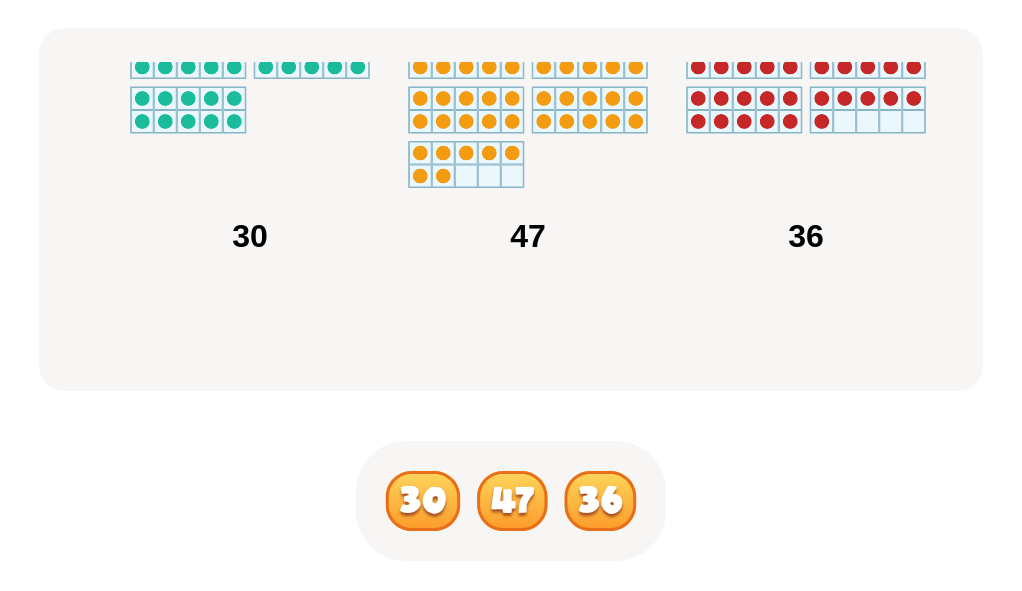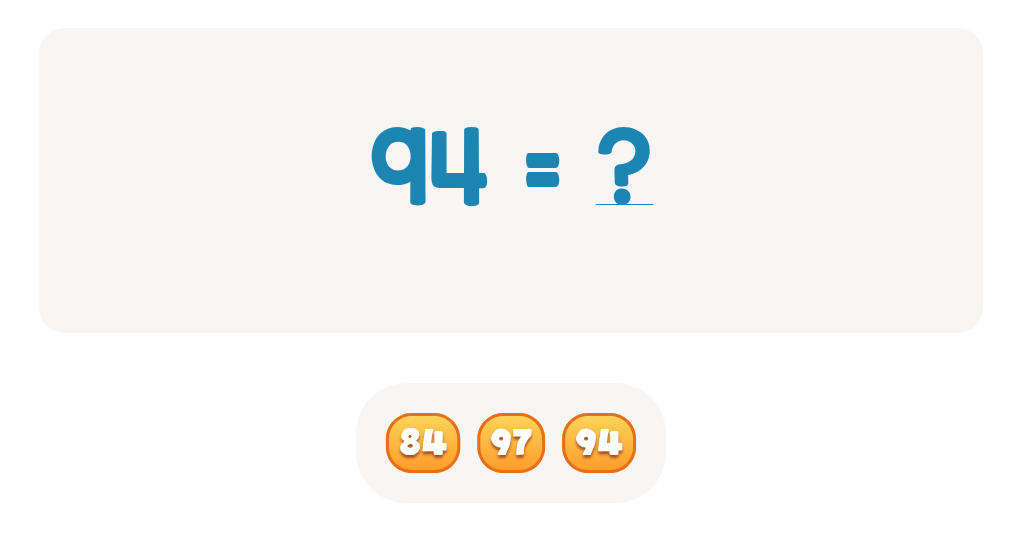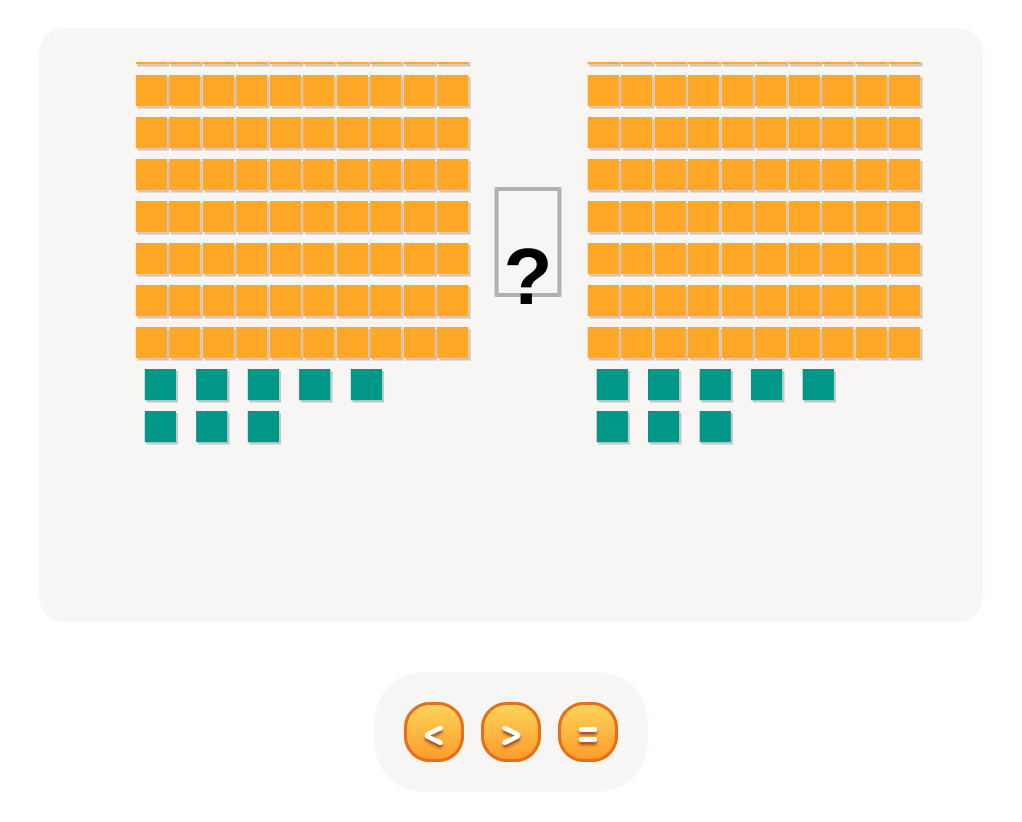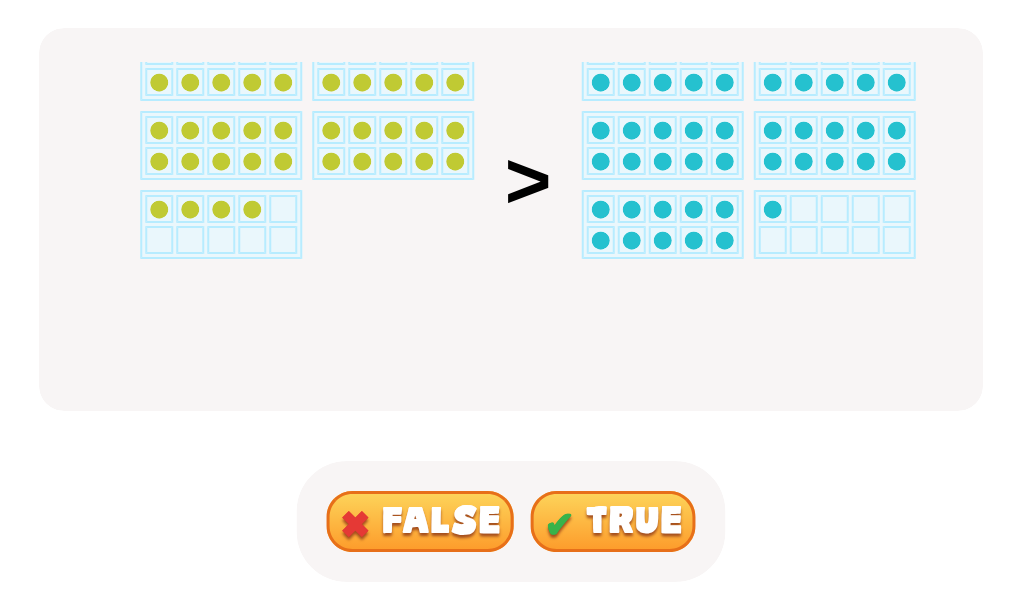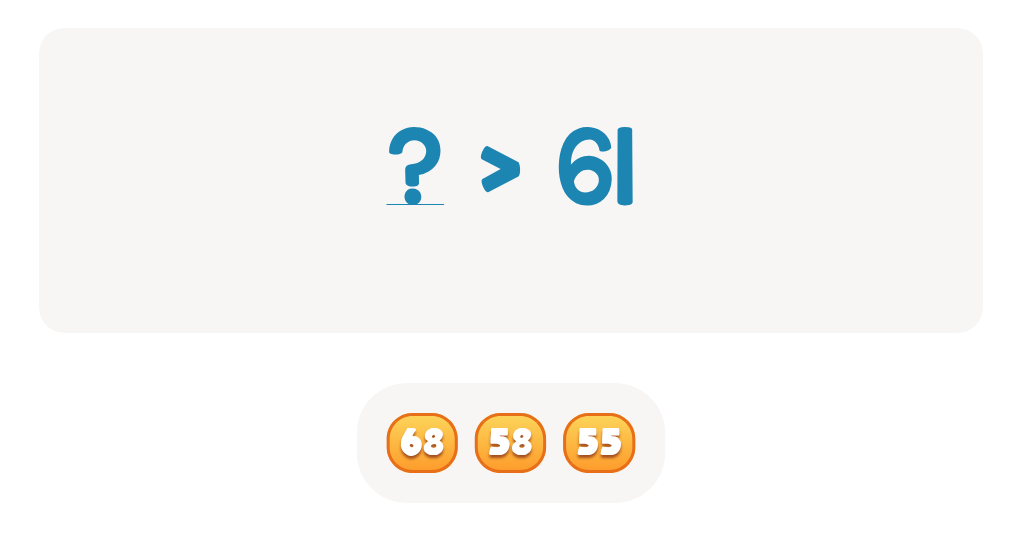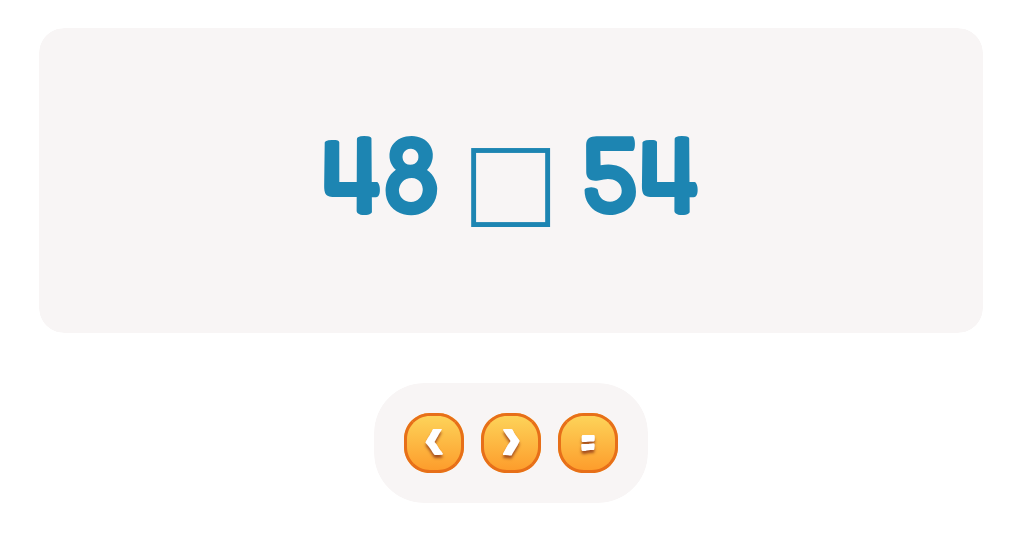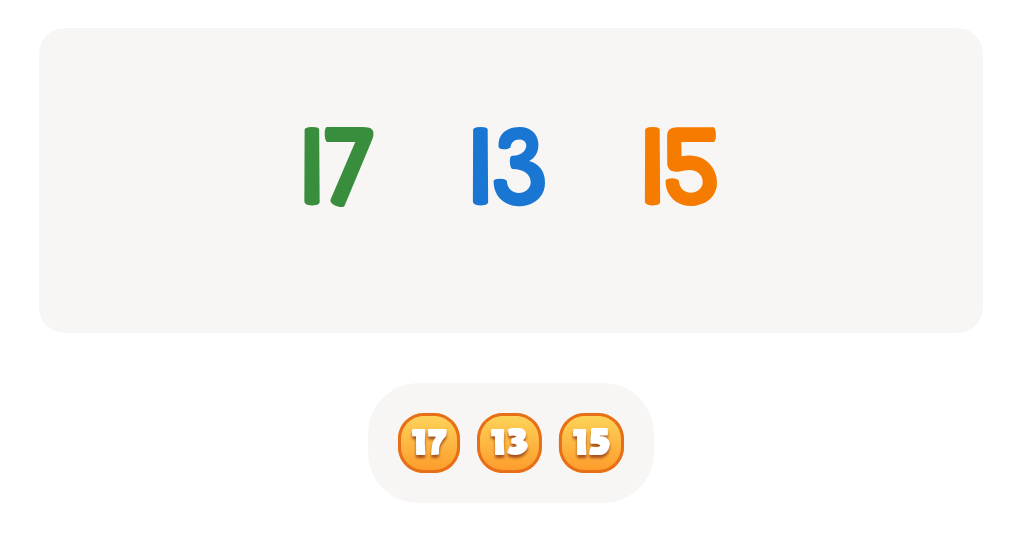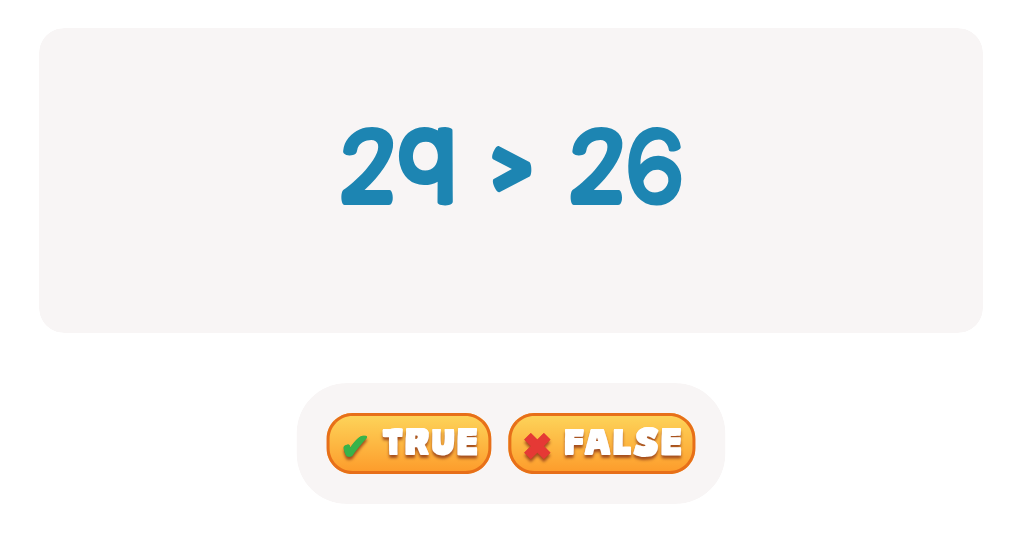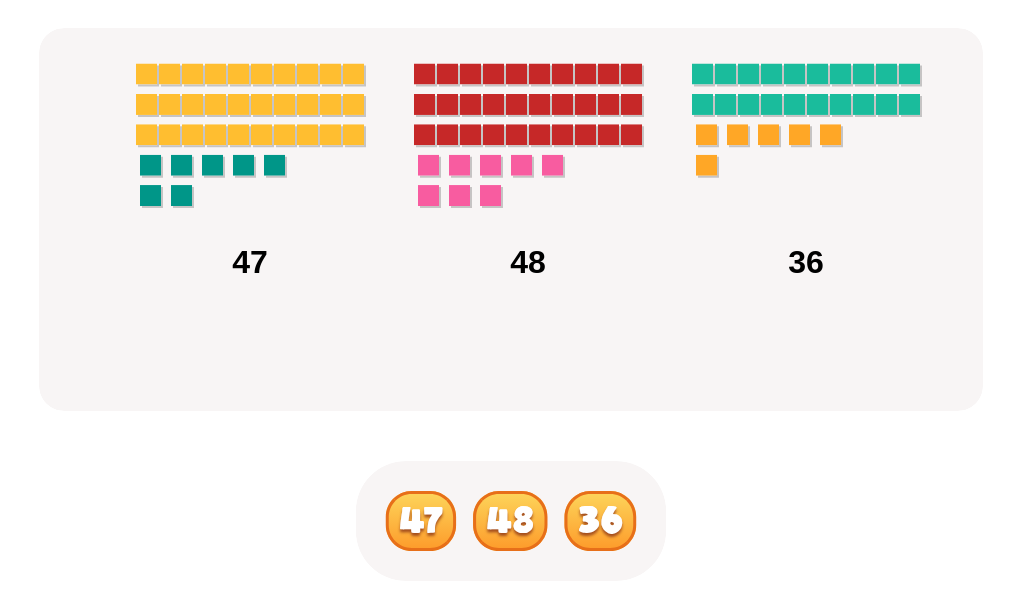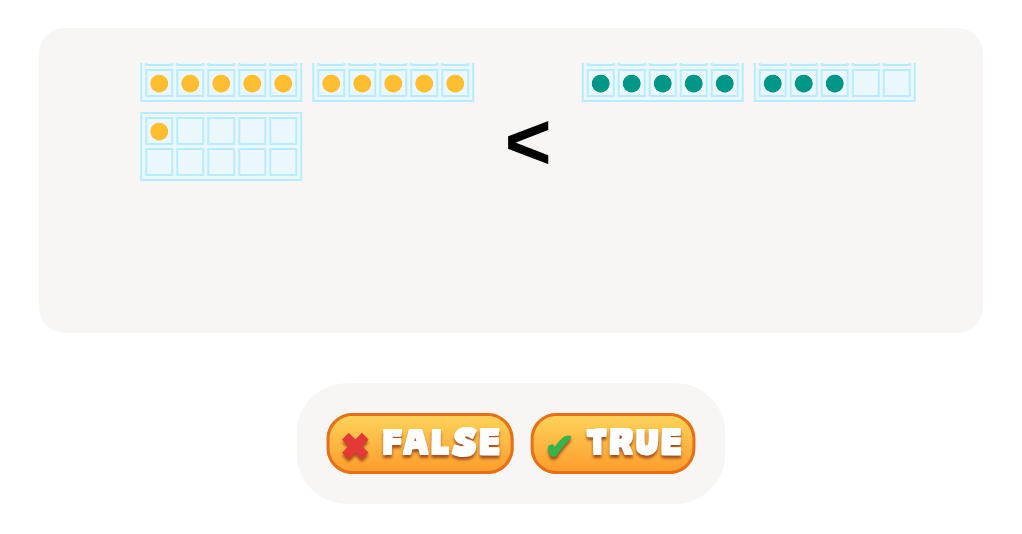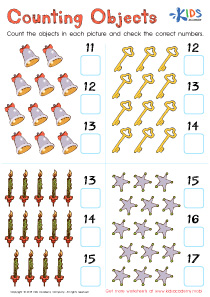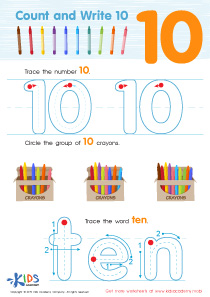Developing math skills Normal Comparing Numbers Worksheets for Ages 4-8
3 filtered results
-
From - To
Welcome to our "Developing Math Skills: Number Comparing Worksheets" designed for children ages 4-8! This collection features engaging and interactive worksheets that aid young learners in mastering the essential skill of comparing numbers. With colorful visuals and fun exercises, kids will enjoy identifying greater and lesser values, enhancing their number sense in an enjoyable way. Perfect for both classroom settings and at-home practice, these worksheets encourage critical thinking and foundational math skills. Help your child build confidence in their math abilities and prepare them for future success with our carefully crafted resources!
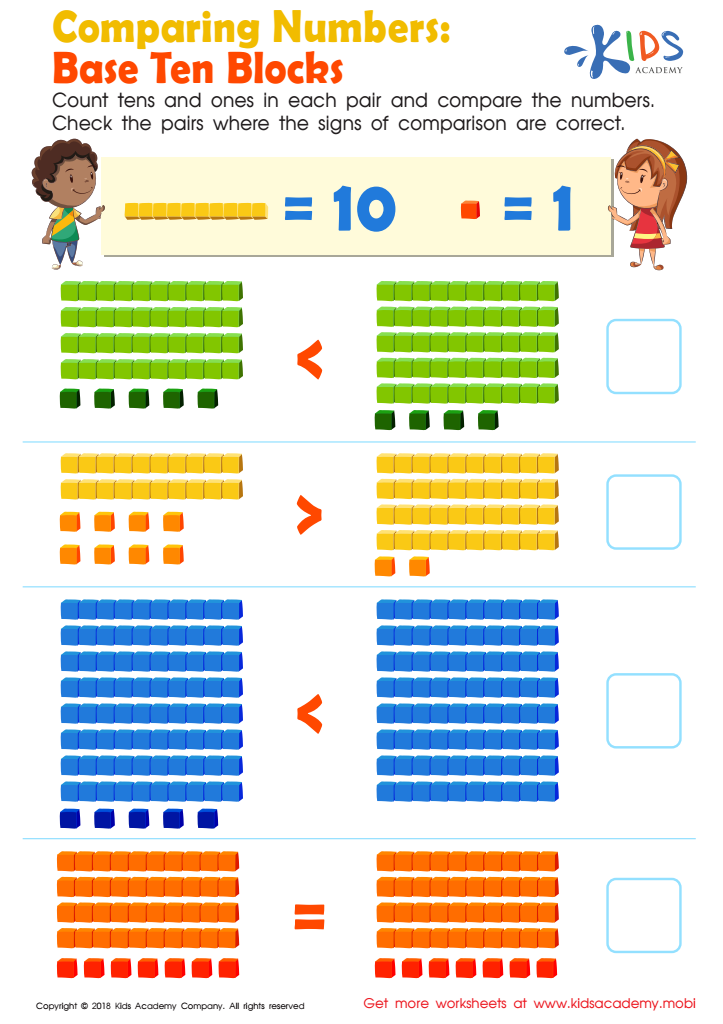

Comparing Numbers: Base Ten Blocks Worksheet
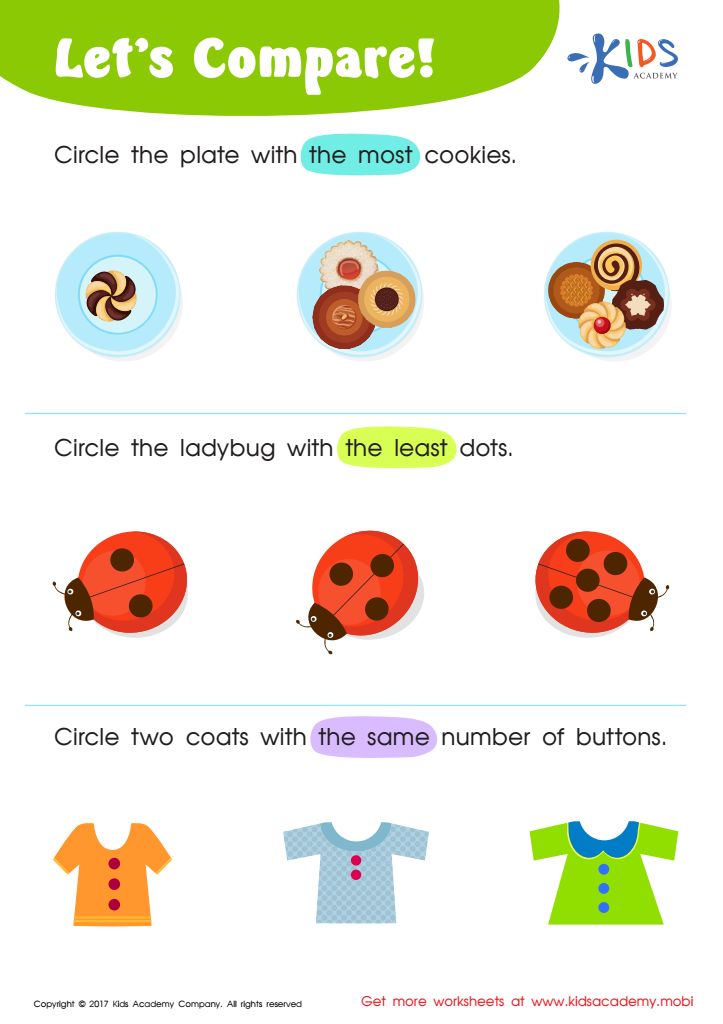

Matching: Classifying Toys by Size Worksheet
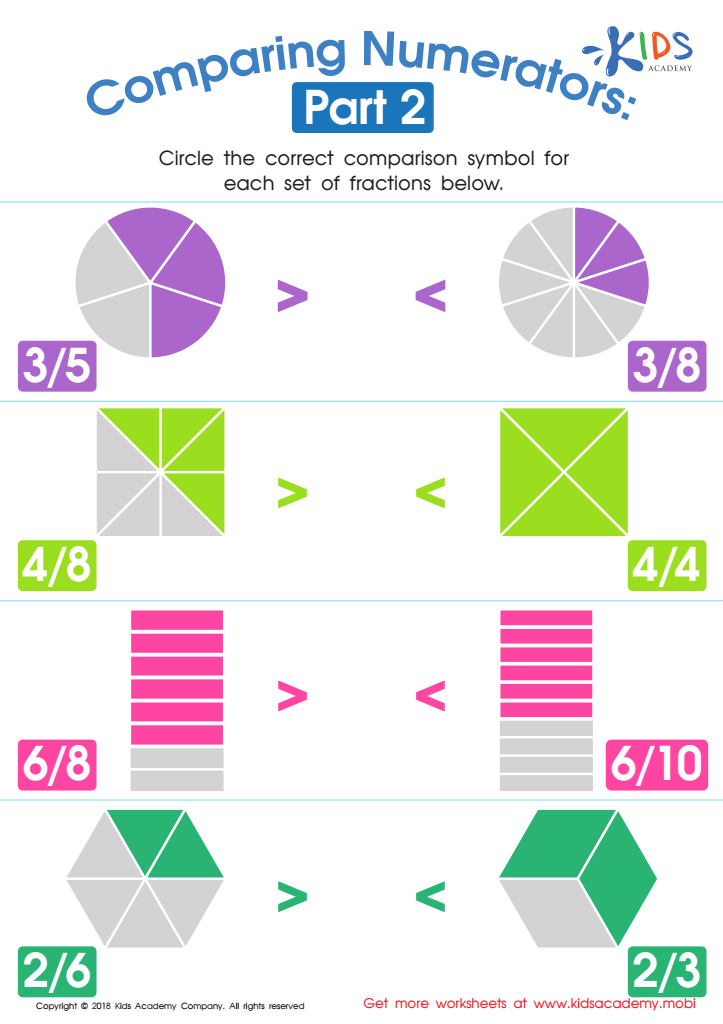

Comparing Numerators Part 2 Worksheet
Developing math skills, particularly the ability to compare numbers, is essential for children aged 4-8. During this formative stage, children build foundational skills that influence their confidence and competence in mathematics as they progress in school. Understanding how to compare numbers helps children grasp the concepts of greater than, less than, and equal to, which are crucial for arithmetic operations and problem-solving.
When parents and teachers emphasize these skills, they enable children to engage in critical thinking and make logical connections between quantities. This foundational knowledge supports future learning in algebra, geometry, and even real-world applications such as budgeting or measuring. Moreover, a solid grasp of how to compare numbers fosters numerical fluency that can diminish math anxiety and empower students to approach mathematical challenges with confidence.
Furthermore, these skills facilitate social interactions through games and everyday activities, enhancing communication and teamwork. As children learn to compare numbers, they also exercise decision-making skills during playtime or collaborative tasks. Overall, nurturing the ability to compare numbers in young learners establishes crucial pathways for academic success, emotional development, and a positive attitude towards mathematics. Hence, both parents and teachers play a critical role in fostering these essential skills.
 Assign to My Students
Assign to My Students
